Kidney
The kidneys are vital organs that play a crucial role in maintaining overall health by filtering waste products and excess fluids from the blood, regulating electrolyte levels, and producing hormones that support various bodily functions. Each kidney contains about a million tiny units called nephrons, which filter blood and produce urine. When kidney function declines, it can lead to a range of disorders, including chronic kidney disease (CKD), kidney stones, and acute kidney injury (AKI). Symptoms of kidney disorders may include fatigue, swelling in the legs or ankles, changes in urine output, and high blood pressure.
Diagnosing kidney disorders typically involves a combination of blood and urine tests. Common tests include serum creatinine and blood urea nitrogen (BUN) levels, which indicate how well the kidneys are filtering waste. A urinalysis can reveal the presence of protein, blood, or other abnormalities in the urine. Imaging tests, such as ultrasounds or CT scans, may be conducted to visualize the kidneys and detect structural issues, such as cysts or stones. In some cases, a kidney biopsy may be necessary to determine the cause of kidney dysfunction.
Treatment for kidney disorders depends on the specific condition and its severity. For chronic kidney disease, management may involve lifestyle changes, such as dietary modifications and controlling blood pressure and blood sugar levels. Medications may be prescribed to manage symptoms or slow disease progression. Kidney stones may require increased fluid intake, dietary changes, or medical procedures to remove or break up stones. In advanced stages of kidney failure, dialysis or kidney transplantation may be necessary to replace lost kidney function. Regular monitoring and follow-up care are essential to ensure optimal management of kidney health.













